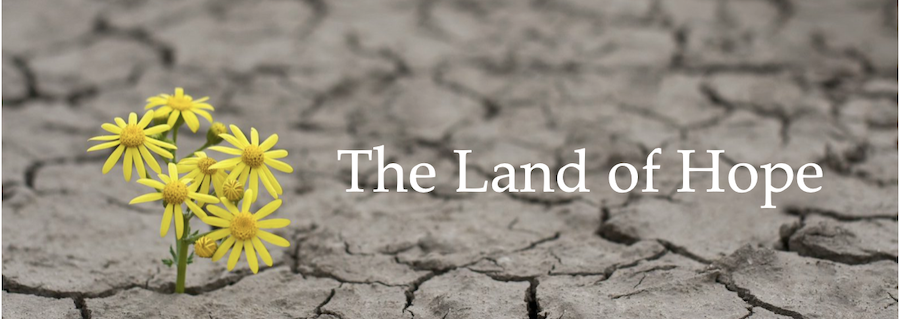06.01.00 Need for PRP research
EDITOR’S NOTE
The PRP Alliance’s MISSION STATEMENT has three separate “objectives”: (1) To improve the diagnosis of PRP; (2) To identify options for the successful treatment of PRP symptoms; and (3) To promote meaningful research on PRP.
The following article focuses on the third mission: To promote meaningful PRP research.
We need more PRP research
The PRP Alliance has identified three types of PRP-related research: (1) spontaneous, (2) opportunistic and (3) PRP community-based
Spontaneous Research
✴ Dana Fuchs-Telem, et. al. Tel Aviv University, Genetic research involving familial PRP and mutations in CARD14
✴ Dr. Jouni Uitto, et. al. Stanley Kimmel Medical College at Thomas Jefferson University, Phase 1 and Phase 2
✴ Brooke Eastham — Quality of Life research under the auspices of Partners Healthcare System in Boston, Massachusetts
✴ The Dermatologist (April 2015, No Easy Answer) reports on research that studied the use of TNF inhibitors in PRP, noting an 80% rate of complete remission with infliximab, adalimumab or etanercept.
The PRP Alliance needs to find ways to identify research underway or conducted within the past four or five years. The PRP community is simply not in the loop … YET.
Opportunistic Research
The PRP Alliance has a role to play as matchmaker.
• In late May, we introduced Dr. Uitto and his researchers (Dr. Matthew Keller, Dr. Qiaoli Li and Dr. Nick Ross) to Ginny Maxwell, her 10-year-old twins (Nathan and Joey) and 2-1/2-year-old daughter, Lauren. Consents have been signed and swabs will be taken and sent to Philadelphia for DNA study.
• Glen Misek, Illinois, has recently begun taking Cosentyx. The PRPA alerted Novartis, manufacturer of Cosentyx regarding Glen’s use of the drug/ He is the only PRPer using the drug at the time. They are eager to see any efficacy research that Glen’s dermatologist is now just as eager to provide.
PRP community-based Research
Too often PRPers feel they are not in control of their version of PRP. We tell them they are on a journey, but they are convinced that someone else is at the wheel. Hazards are everywhere. Detours. Caution signs.
There is one area that we are all in control of — sharing our experiences. Which treatments work and which don’t. What works on the scalp? What is better — a bath or a shower?
All this is data … and data is the currency of research. PRP is bad, but data is good.
Let’s leverage data into meaningful research.
As published in On the Road… June 2015
